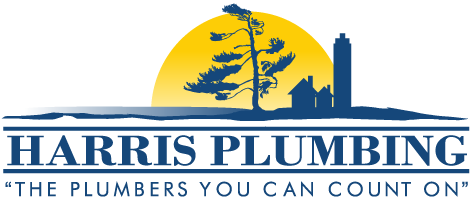It’s no secret that the last winter season was full of record-breaking temperatures and heavy snowfall. Some even went as far as to call it “The Never-ending Winter”. Now that the cold season is over and warm weather is finally here, you’re probably already thinking of ways to soak up the rays and have some fun under the sun. To prepare you for the upcoming summer season, CTV News provides some valuable weather information that you need to know:
“After this winter’s wicked weather, Canadians across the country are looking forward to sunny skies and warm breezes — but they may be out of luck.
Brett Anderson, a senior meteorologist with U.S.-based AccuWeather, says the cool weather across parts of Eastern and Central Canada this spring will continue into the summer. He says Western Canada is expected to have a warmer and drier summer compared to normal.
“A persistent dip in the jet stream across Central and Eastern Canada will lead to an increase in spells of cooler air into the region, especially during June and July,” said Anderson in an online post.
The record extent of ice coverage this spring on the Great Lakes will carry over and have a cooling effect in those areas close to the lakes.”
Just as it is important to plan your summer activities, it is equally important to spend some time in preparing the vital components of your home to prevent headaches in the future. Regarding your plumbing system, here are some helpful tips, courtesy of your friendly Newmarket emergency plumber:

Check washing machine hoses.
More outdoor fun means more clothes to wash. Be sure to check your washing machine hoses for leaks, bulges, or cracks. Don’t forget to remove dryer lint regularly. Note that washing machine hoses should be replaced every three years, so if your hoses are much older, it’s time to replace them.
Inspect sewer lines.
Sewer line backups are common during the summer months because of new tree root growth and rainwater entering the cracks of sewer pipes. Have a plumber inspect your sewer lines to know if you are at risk of a sewer line backup problem or if damage is already present.
Watch what you put down your kitchen disposal.
Most kitchen disposals are not equipped to handle foods abundant in fiber (cornhusks, banana peels, celery) and fat (butter, cooking oils), so avoid dumping these items in the disposal. Run cold water at full pressure for at least 15 seconds before you flush anything down the disposal.
For any other plumbing problems, contact reliable Newmarket and Barrie emergency plumber services to help you determine the best solution for your plumbing woes.
(Source: Eastern Canada can expect a cool start to summer, CBC News, May 07, 2014)

